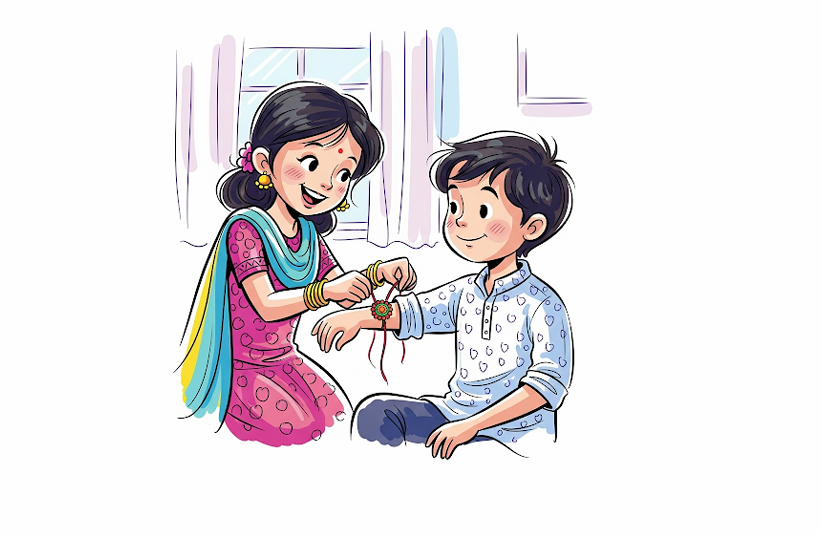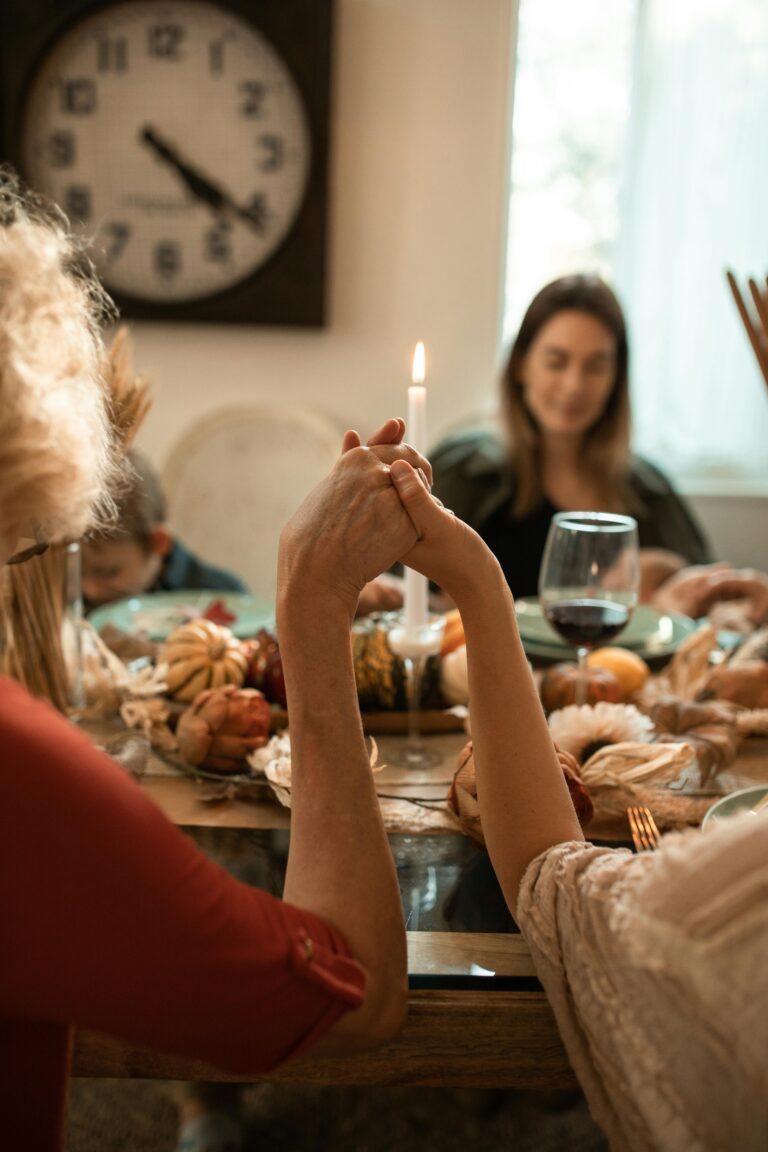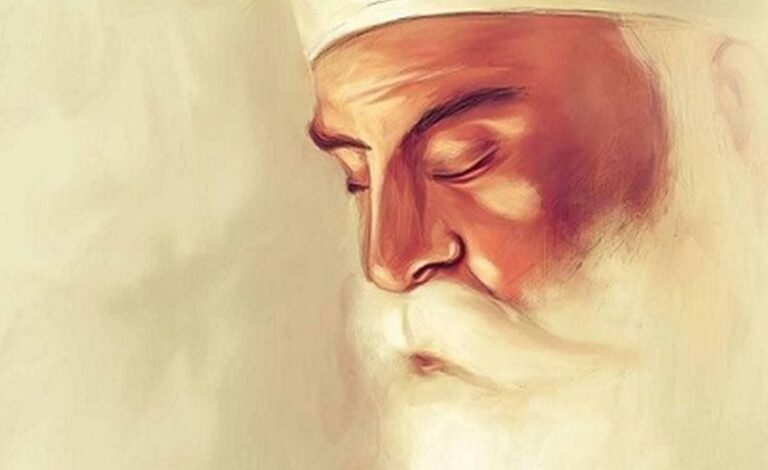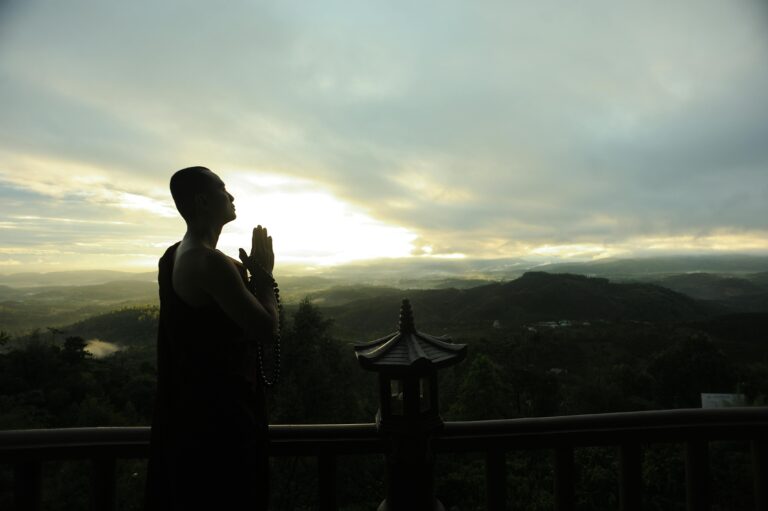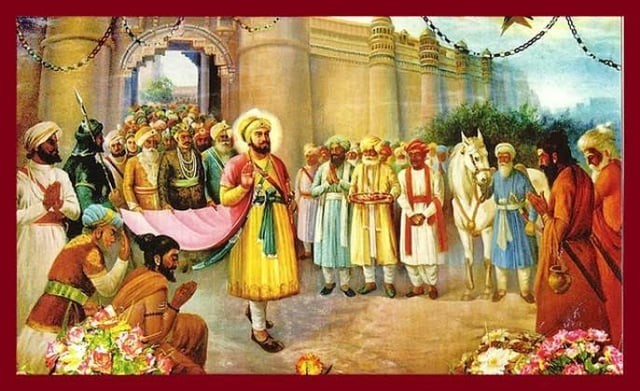Raksha Bandhan – The Enduring Thread of Protection
Raksha Bandhan, a festival woven into the very fabric of Indian culture, is more than just a ceremony; it’s a profound declaration of love and a timeless promise of protection. While the modern celebration often involves a sister tying a decorative thread, or ‘rakhi,’ around her brother’s wrist, the roots of this tradition run deep, stretching back to ancient scriptures and enduring
through centuries of history.
The very name, Raksha Bandhan, translates to “the tie of protection.” This simple phrase encapsulates the essence of the festival. A sister, with a prayer in her heart, ties the rakhi, a sacred thread, around her brother’s wrist. This act is a symbolic invocation, a plea to the divine to safeguard him from harm and negative influences. It’s an expression of her selfless love and her hope for his well-being. In return, the brother accepts this thread as a sacred trust, promising to protect his sister throughout her life, to stand by her side through thick and thin, and to be her steadfast support.
One of the most famous stories associated with the festival comes from the epic Mahabharata. It is said that when Lord Krishna sustained an injury to
his finger, his sister, Draupadi, tore a piece of her saree and tied it around his wound to stop the bleeding. Deeply moved by her gesture of care and
affection, Lord Krishna vowed to protect her for eternity. This powerful narrative highlights that the bond of Raksha Bandhan transcends biological ties; it is a promise of unwavering support and a bond forged in love and respect.
Another tale recounts the story of Emperor Humayun. When the Queen of Chittor, Rani Karnavati, faced an invasion by the Sultan of Gujarat, she sent a rakhi to Emperor Humayun, a gesture seeking his protection. Though they were of different faiths, Humayun, honoring the sacredness of the rakhi, immediately rode to her aid, demonstrating the power of this thread to unite people and transcend barriers of religion and social status. This historical event solidified Raksha Bandhan as a symbol of unity and solidarity.
The significance of Raksha Bandhan has evolved over time, yet its core message remains constant. It’s a day to honor the unique relationship between brothers and sisters, a day to celebrate the silent understanding, the playful banter, and the deep, unconditional love that defines their bond. The rakhi itself has become an art form, with intricate designs and precious stones, but its true value lies not in its material worth but in the sentiment it represents.
Beyond the traditional sibling relationship, Raksha Bandhan has also grown to celebrate bonds of protection and affection between people who may not be related by blood. Friends, cousins, and even neighbors participate in the festival, recognizing the importance of such connections in their lives. The festival serves as a poignant reminder that family is not just about genetics; it is about the people who love and support us unconditionally, who stand by us in times of need, and who tie the luminous thread of protection around our hearts. In a world that is constantly changing, Raksha Bandhan stands as a timeless tradition, reminding us of the enduring power of love, the importance of family, and the sacred promise to protect and care for one another. The simple thread tied on a wrist is a symbol of a bond that is unbreakable, a silent vow that lasts a lifetime.

